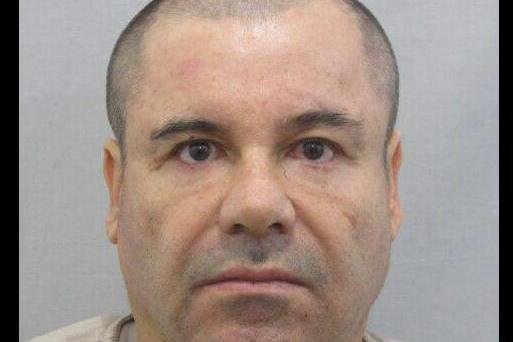waltky
Wise ol' monkey
Farc minin' gold for source of funding...

Gold overtakes drugs as source of Colombia rebel funds
16 June 2012 - Rebels are now involved in legal and illegal gold mining; Without massive army support, police cannot check up on the Farc's activities
Gold overtakes drugs as source of Colombia rebel funds
16 June 2012 - Rebels are now involved in legal and illegal gold mining; Without massive army support, police cannot check up on the Farc's activities
A decade ago, the Colombian region of Putumayo was the main production centre for coca, the raw material for cocaine And the guerrillas from the Revolutionary Armed Forces of Colombia (Farc) were well placed to profit from the illegal drugs trade. Today, there are still small fields of bright green coca cut from the virgin jungle, but the rebels have found a more lucrative, and far safer, source of income: gold. It was here the US military aid package, known as Plan Colombia, which has amounted to some $8bn (£5bn) since 1999, was concentrated. Since 2000, fleets of spray planes have dropped glyphosate chemicals over the coca bushes, managing to reduce, but never eradicate, drug production. What the chemicals have done is push local farmers into the new, informal industry of gold mining. "We estimate that the Farc here make 800m pesos ($450,000) a week from illegal gold mining," said Jhimmy Calvache, the acting mayor of Mocha, the capital of Putumayo province.
Colombia has vast gold deposits, especially along the rivers that wash down from the Andes Mountains. It was gold that drew the Spanish conquistadors here in the 16th Century, and now, with prices high for precious metal, gold fever has returned. Mechanical diggers operate along the riverbeds and banks in Putumayo, protected by heavily armed rebels who allow no access to the sites and impose huge "taxes" on production. In March, police sought to send in investigators to find out how much gold was being extracted. They ran into trigger-happy guerrillas and it was decided that, without massive army support, there was no chance of making any meaningful inquiries. The operation was abandoned.
Mine operators
While the illegal exploitation of gold in Putumayo is still in its infancy, it is well developed in other parts of the country. In the northern department of Antioquia, the Farc have established a series of extortion schemes on the gold miners, legal and illegal. For every mechanical digger that enters their territory, the rebels charge an initial "tax" of up to $3,000 and another $2,000 per piece of heavy machinery for every month of operation. In the gold-rich municipality of Anori in Antioquia, authorities believe there are up to 120 diggers operating, earning the local Farc unit a monthly income of at least $240,000. There are 125 municipalities in Antioquia. "Gold is now more lucrative than coca," says Antioquia Governor Sergio Fajardo. The guerrillas are not just extorting money but running some mining operations themselves or demanding a percentage of all production.
The advantage of gold is that it is perfectly legal to transport and sell, unlike cocaine. Indeed, legally registered mines have become a favourite acquisition for drug traffickers as well, as they are perfect vehicles for laundering money. The mining companies can claim any amount of gold is being extracted and then traffickers put all their money from cocaine sales through the books. On condition of anonymity, a mine worker in Anori played the recording on his telephone of a call he said was from the Farc demanding payment. "Don't try my patience this month," growled a low voice, "don't make me look for you, or the machines will be burnt and you may become a military objective [this is guerrilla speak for becoming a target for assassination]." He paid, and continues paying, even during the rainy season when the rising water levels make extracting gold from the river bed almost impossible.
Recruitment drive

